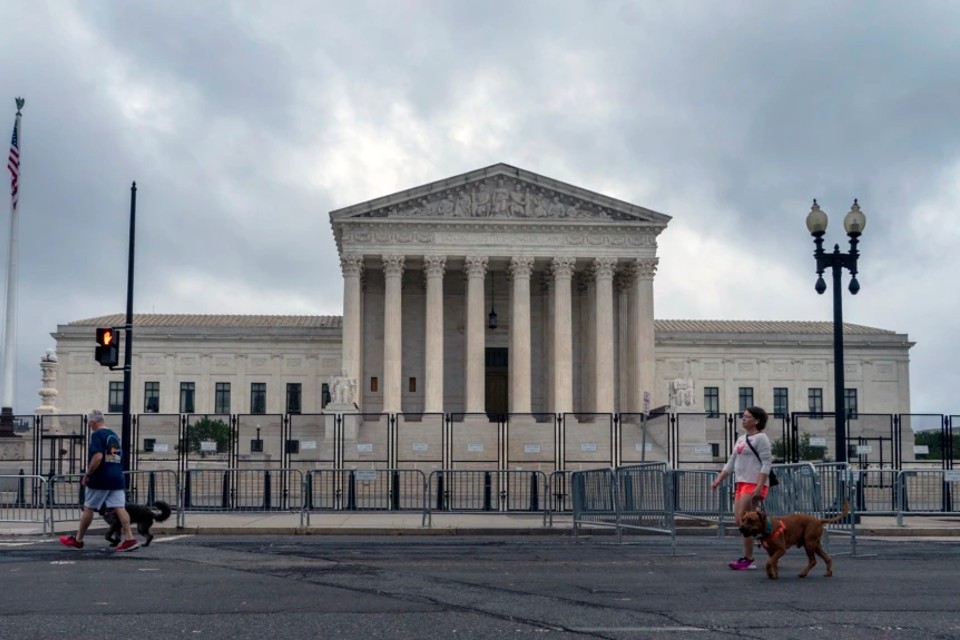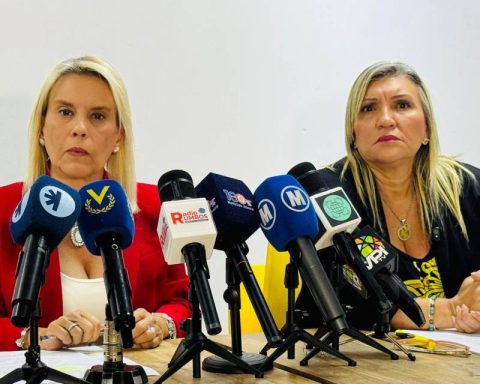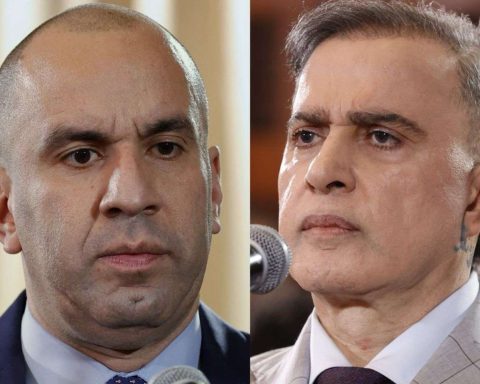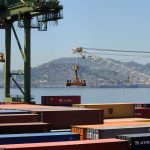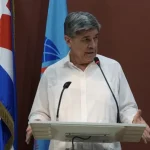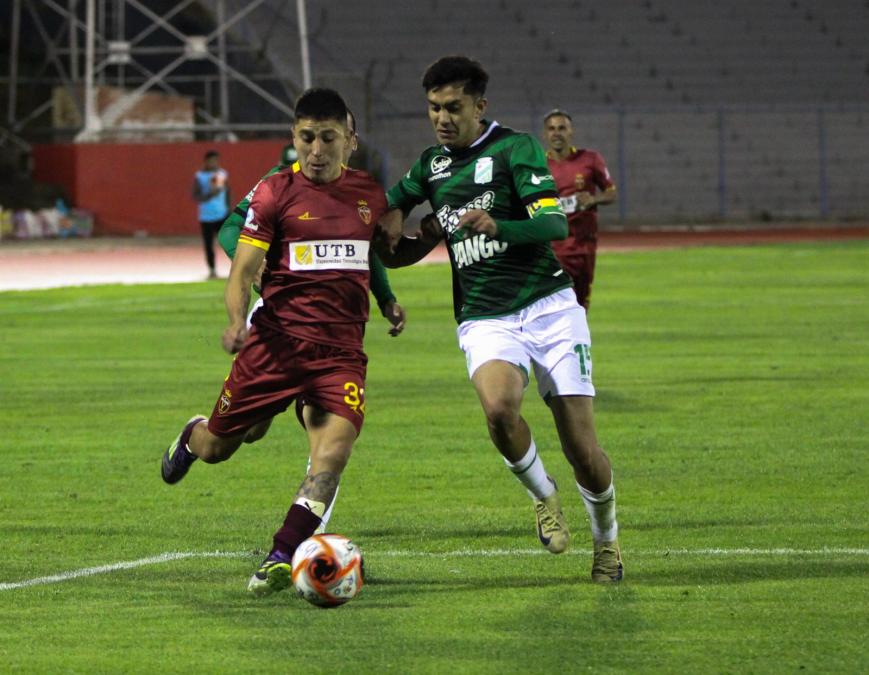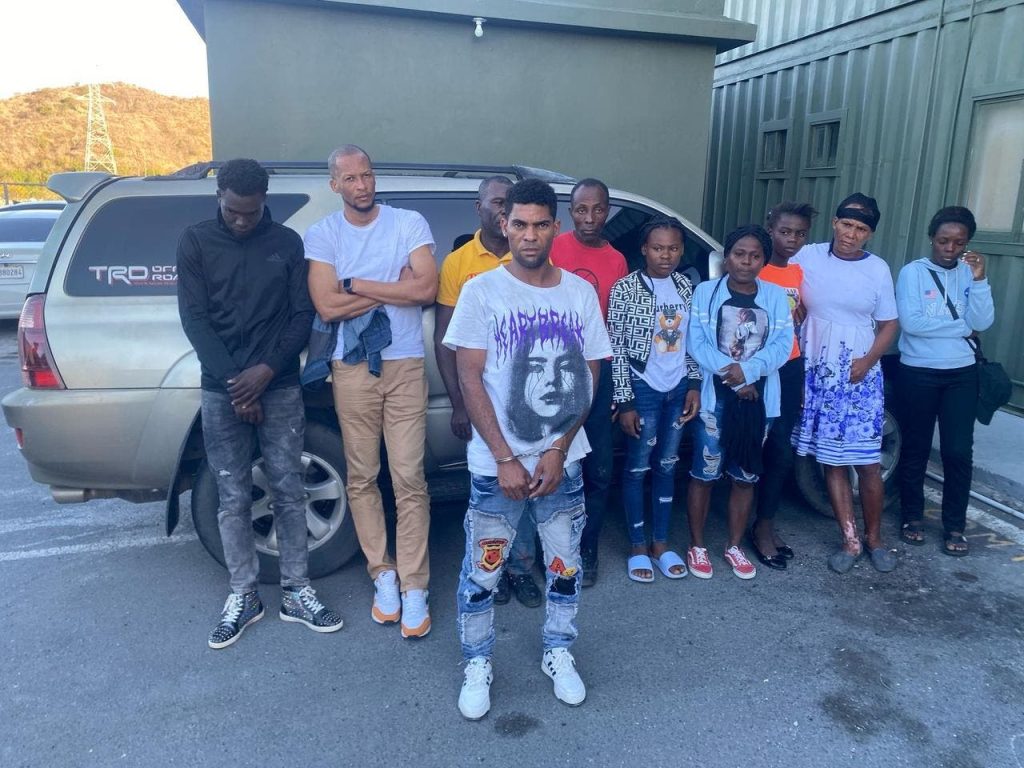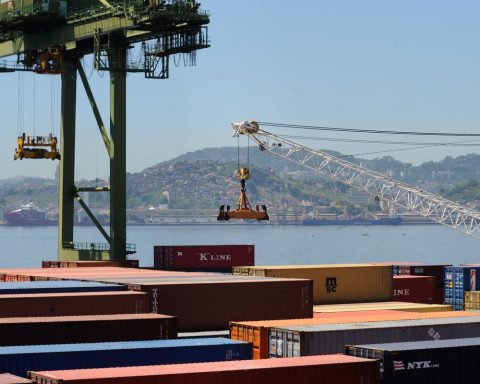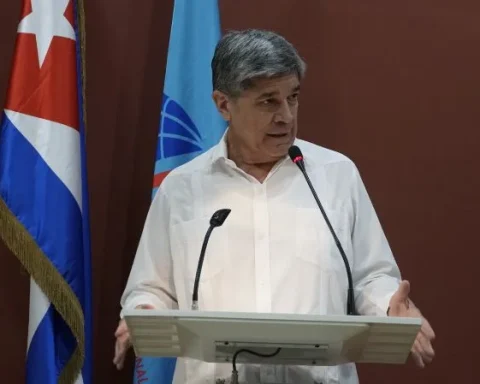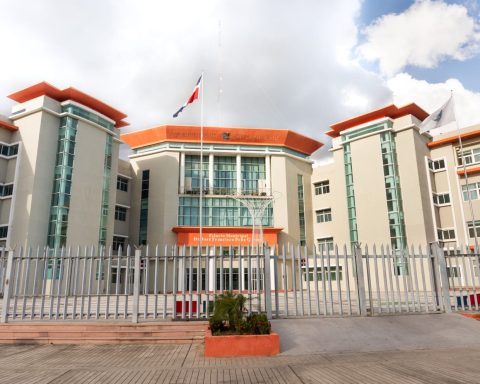Adelys Ferro, co-founder and executive director of Venezuelan-American Caucus, an organization dedicated to providing immigration information offered an interview to the BBC in which she related how the process has been to avoid the deportation of Venezuelan migrants
Author BBC
Last Tuesday, Adelys Ferro decided that the Court Listener website would update every half hour, a site of free access to legal information, until justice reported on the fate of thousands of Venezuelans in the United States.
April 15 was the deadline that Donald Trump’s government had set for a federal court to give an answer on temporary legal protection to this group of people at risk of imminent deportation.
Finally, after four days of waiting, this Friday came the answer.
The Federal Court of Appeals of San Francisco informed that he refused to suspend an order that stopped the decision of the Secretary of National Security, Kristi Noem, to end the temporary protection status (TPS) that protects thousands of Venezuelans.
“I quickly wrote to the working group that we have with the lawyers and recorded a short video to explain what was happening,” says BBC Mundo Ferro, co-founder and executive director of Venezuelan-American Caucus, an organization dedicated to providing immigration information
In parallel, a few hours later, the Supreme Court of Justice suspended in the early hours of Saturday the deportation of a group of Venezuelans while the case is treated in the lower courts.
For its part, the Government responded with an appeal before the Supreme Court asking that the emergency temporary block that suspends the expulsions of Venezuelan migrants to El Salvador, in a clear sign that the fight against justice remains open.
“I feel very proud that, beyond political ideologies, judges are failing in favor of justice and due process in order to protect vulnerable people,” says Ferro, Venezuelan and citizen of the United States.
–How do you analyze the decision of the Federal Court of Appeals of San Francisco to stop Trump’s attempt to end up the TPS to Venezuelan migrants in the US?
– We have always believed that the arguments presented by the plaintiffs and by our lawyers are absolutely solid and based on the facts. Therefore, we trust the United States justice system.
We are very hopeful with this decision of this Court of Appeals because it reaffirms that our arguments promoted the judge’s decision to leave TPS beneficiaries protected while the legal process lasts.
–What does this decision mean for Venezuelans with TPS in the US?
The Court of Appeals has just done is to determine that the Venezuelan TPS beneficiaries continue to have their current TPS and work permits. That is, justice retreated in time to return to the point where Venezuelans were guaranteed their temporal protection status.
–The Court’s decision was unanimous. Did you surprise you?
—The totality of the three magistrates of the Court of Appeals approved it. That is, the vote was unanimous. Of course one has nerves and uncertainty, but we are sure that we have the arguments so that decisions are in our favor.
We believe in due process and respect for the division of powers in the US
Seeing the decision of justice, which was in favor, because it is like that the air entered the lungs with much more force, we climb another step and we go forward.
–However, this decision of the Federal Court does not solve the problem. How do you follow now?
“Well, this process is just starting.” This decision of the Court of Appeals is only referred to the emergency motion that the government introduced, but the real trial begins next week.
It is even possible for the government to carry this emergency motion to the Supreme Court.
In that case, we are ready because we trust our lawyers’ arguments and believe that we have everything for the law to be on the part of the TPS beneficiaries.
–What can the government do?
“Well, the government could begin the trial in the federal court and fight it.” That is, try to get a verdict in your favor.
However, taking into account the way in which the Trump administration has behaved in the dozens of judgments at this time, what we think is that they possibly lead to the Supreme Court.
There are different paths, this is a real possibility seeing how the government has behaved in all previous demands.
–Within the TPS are not only Venezuelans but also people from other nationalities. How does this decision affect the other groups?
—The Haitian diaspora joined our demand for TPS because they also eliminated the extension and it is expected that in what comes the date indicated by law because they also eliminate the TPS to the Haitians.
It was already announced that TPS will eliminate the people of Cameroon, Afghanistan, Mauritania, El Salvador, among others.
So, I think what we are going to see is a large unit of TPS beneficiary diasporas to present the cases jointly. Although each one is different.
–This is not the only open cause linked to Venezuelan migration in the country. How do you think this decision of justice could influence the other cases?
– At this moment we have three demands linked to Venezuelan immigrants. One is this TPS, in California. Another is that of humanitarian parole in Boston, which we want people to maintain that status. Another, the emergency resource of the American Union organization for civil liberties (ACLU), asking him to intervene before an “imminent” transfer of Venezuelan migrants to El Salvador.
We are not part of these demands but we have supported as much as possible as an organization.
–What respond to Trump’s argument that argues that Venezuelan immigration in the US is a threat to country’s security?
—The government says that TPS beneficiaries are a danger to national security. But there is no TPS beneficiary that has been indicated as a criminal because you can’t even have a TPS if you have committed a crime. There is no way to give it to you.
To read the full interview go to BBC
*Also read: US Supreme Court suspends Deportation of Venezuelans to El Salvador
*Journalism in Venezuela is exercised in a hostile environment for the press with dozens of legal instruments arranged for the punishment of the word, especially the laws “against hatred”, “against fascism” and “against blockade.” This content is being published taking into account the threats and limits that, consequently, have been imposed on the dissemination of information from within the country.
